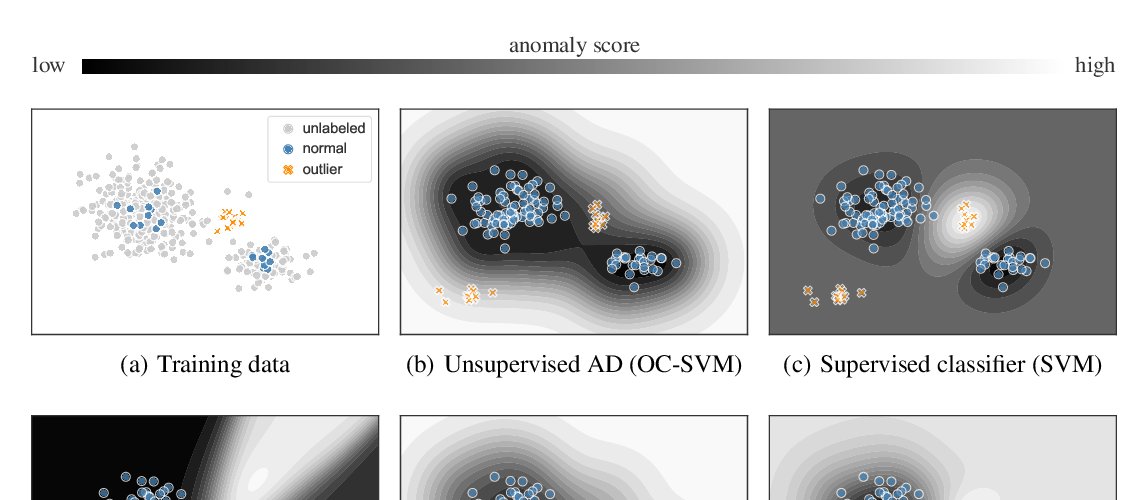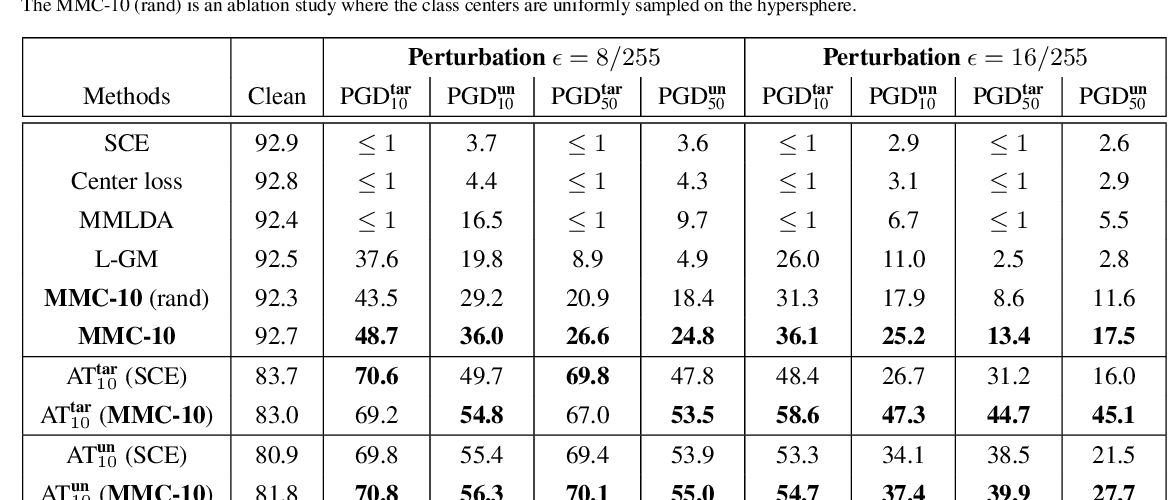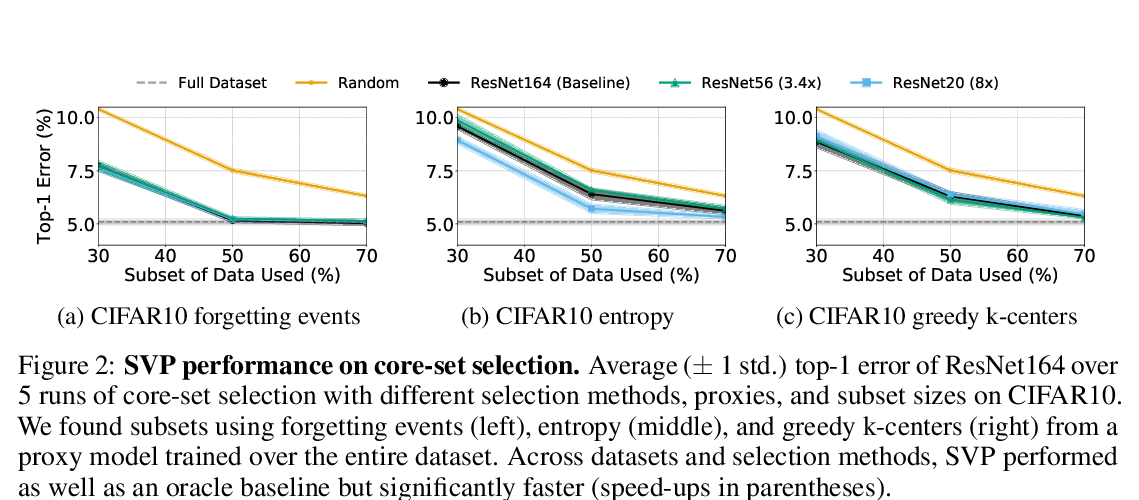Abstract:
The field of deep learning is commonly concerned with optimizing predictive models using large pre-acquired datasets of densely sampled datapoints or signals. In this work, we demonstrate that the deep learning paradigm can be extended to incorporate a subsampling scheme that is jointly optimized under a desired minimum sample rate. We present Deep Probabilistic Subsampling (DPS), a widely applicable framework for task-adaptive compressed sensing that enables end-to end optimization of an optimal subset of signal samples with a subsequent model that performs a required task. We demonstrate strong performance on reconstruction and classification tasks of a toy dataset, MNIST, and CIFAR10 under stringent subsampling rates in both the pixel and the spatial frequency domain. Due to the task-agnostic nature of the framework, DPS is directly applicable to all real-world domains that benefit from sample rate reduction.



